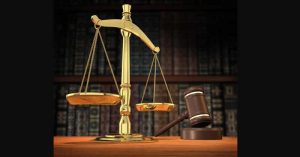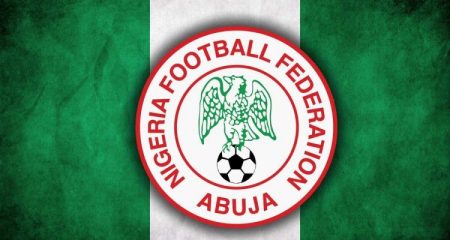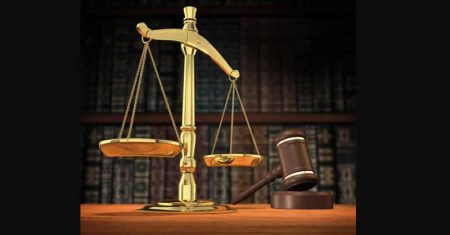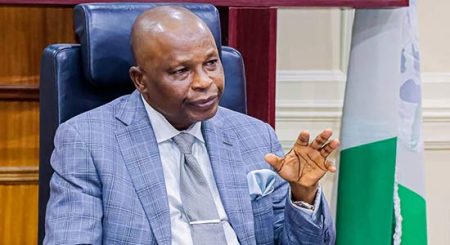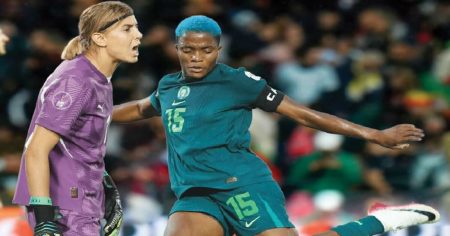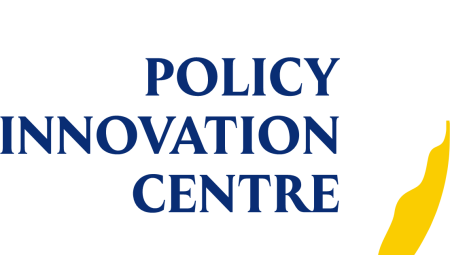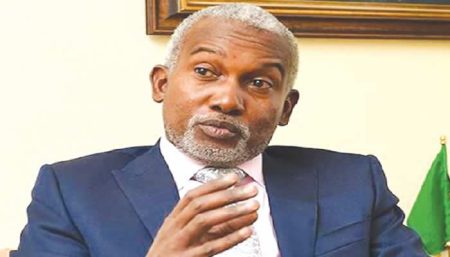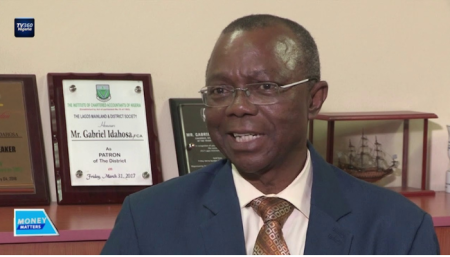The political landscape of Adamawa State is witnessing a fresh wave of internal conflict within the African Democratic Congress (ADC), triggered by allegations of sabotage and clandestine operations. Shehu Yohanna, the state chairman of the ADC, has pointed fingers at Babachir Lawal, the former Secretary to the Government of the Federation, accusing him of actively working to destabilize the party from within. Yohanna’s claims paint a picture of political espionage, alleging that Lawal is operating as a covert agent for the ruling All Progressives Congress (APC), tasked with undermining the ADC and thwarting the presidential aspirations of former Vice President Atiku Abubakar, who recently defected to the ADC from the Peoples Democratic Party (PDP). This accusation carries significant weight given Atiku’s recent political maneuvering, and introduces a dynamic of potential inter-party manipulation in anticipation of the 2027 elections.
The crux of Yohanna’s allegations revolves around a suspected plot by Lawal to orchestrate Yohanna’s removal from his position as chairman, paving the way for the installation of a Lawal loyalist, Suleiman Umana. This alleged maneuver is portrayed as a strategic power play by Lawal to seize control of the ADC’s structure in Adamawa State. Yohanna contends that Lawal’s actions are driven by a desire to advance his personal agenda, potentially influencing the direction of the ADC to suit his own interests. He cautions Atiku about the potential dangers posed by Lawal’s alleged machinations, suggesting that the attempt to oust him as chairman is part of a larger scheme to cripple Atiku’s presidential ambitions in the lead-up to the 2027 elections. Yohanna emphasizes that his removal can only legitimately occur through a proper delegate congress, as stipulated by the party’s constitution, and not through backdoor dealings or unlawful means.
In a sharp rebuttal to Yohanna’s accusations, Babachir Lawal, the former SGF, has dismissed the claims as ludicrous and desperate, attributing them to Yohanna’s fear of imminent removal. Lawal contests Yohanna’s legitimacy as chairman, labeling him an interim placeholder due to his previous resignation to contest for the House of Representatives in 2023. He insists that based on the ADC’s constitution, Yohanna’s current position is temporary and lacks the full authority of a duly elected chairman. Lawal challenges Yohanna to produce evidence of a legitimate congress that elected him to his current position, implying that such documentation does not exist. He frames Yohanna’s accusations as a preemptive strike, motivated by the fear of being replaced by a more legitimate candidate.
The allegations of Lawal acting as an APC operative are met with strong denial. Lawal vehemently rejects any association with the APC or President Bola Tinubu, asserting that he has no intentions of supporting the party, either presently or in the future. This denial carries weight given Lawal’s past criticism of the Tinubu administration, particularly concerning the Muslim-Muslim ticket and what he considers detrimental policies. He clarifies that during the late President Muhammadu Buhari’s administration, his loyalty was solely to Buhari and not to the APC as a party. Lawal emphasizes that he refrained from supporting any APC candidates, even in his home state of Adamawa, outside of Buhari, underscoring his distance from the party. This past stance adds complexity to the current accusations, making the notion of him suddenly working for the APC seem improbable.
The escalating tension within the ADC reveals a deeper struggle for control and influence within the party, particularly in the context of Atiku Abubakar’s arrival. Yohanna’s allegations, if true, suggest a calculated effort to manipulate the party’s structure for personal gain and potentially sabotage Atiku’s presidential bid. Conversely, if Lawal’s counterarguments hold merit, Yohanna’s accusations could be an attempt to solidify his position within the party and deflect attention from his own questionable legitimacy. This internal conflict introduces an element of uncertainty into the ADC’s strategy moving forward, potentially impacting their ability to mount a strong campaign in the 2027 elections.
The present situation highlights the complexities and vulnerabilities that arise when high-profile political figures switch allegiances and join new parties. The influx of new members, especially those with significant political clout like Atiku, can disrupt existing power dynamics and create fertile ground for internal strife. This clash within the ADC serves as a microcosm of the broader political landscape in Nigeria, where party loyalty often intertwines with personal ambitions and strategic maneuvering. The outcome of this internal conflict within the ADC could significantly influence the party’s trajectory and its ability to effectively compete in future elections, particularly at the presidential level. Furthermore, the unfolding drama raises questions about the strength and stability of the ADC as a viable political force amidst such internal divisions.




